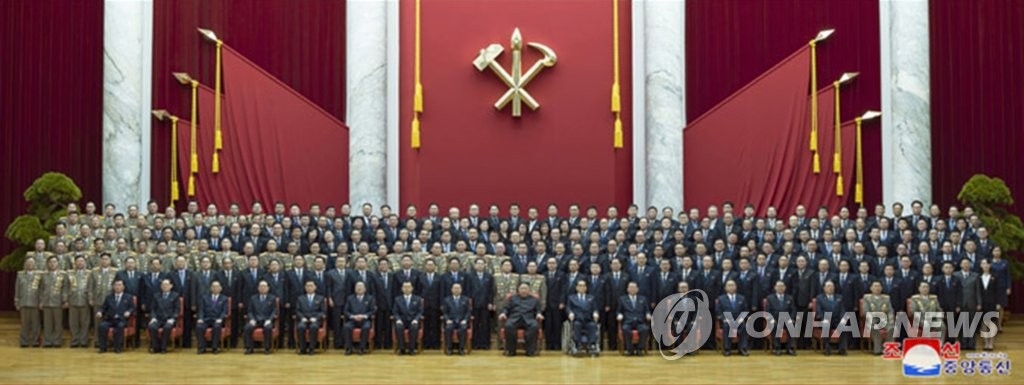Thousands of North Koreans gathered in central Pyongyang on Sunday, the country’s state media reported, in a major rally in which citizens were reported to have offered their support to the country’s new more offensive line towards the U.S. In a dispatch released Sunday, the Korean Central News...

www.nknews.org
At mass rally, North Koreans pledge support for country’s new “offensive” line
Officials promise "heavy blow" to DPRK's enemies in the wake of last week's plenary meeting
Oliver Hotham January 5, 2020
Thousands of North Koreans gathered in central Pyongyang on Sunday, the country’s state media reported, in a major rally in which citizens were reported to have offered their support to the
country’s new more offensive line towards the U.S.
In a dispatch released Sunday, the Korean Central News Agency (KCNA) said that top officials and Pyongyang residents had hailed decisions handed down by leader Kim Jong Un at last week’s ruling party plenum and promised to work towards “bringing about prosperity on the strength of self-reliance and self-sustenance.”
Premier Kim Ryong Hae and deputies Kim Tok Hun and Kim Il Chol, it continued, oversaw speeches by local economic officials, including Kim Nung O, chairman of the Pyongyang City Committee of the ruling Workers’ Party of Korea (WPK) and Kim Chol Ho, head of department of Kim Chaek University of Technology.
The rally — which
NK News has
learned saw thousands of citizens take to the streets and the local cellphone network temporarily switched off — was the first of its kind in North Korea this year.
It follows the end of the WPK’s 4th Plenary Meeting of its 7th Central Committee last week, at which Kim Jong Un declared a new declared a policy shift towards strategic weapons development and warned of belt-tightening ahead.
Speakers at Sunday’s rally, state media reported Sunday, said that report “reflects the firm faith and will of the peerlessly great man to break through head-on all the barriers to our advance and pave the wide avenue to the victory of the revolutionary cause of Juche.”
“His report also serves as a militant banner mirroring the offensive spirit and stamina of Paektu, they said,” it continued.
They were also reported to have “keenly grasped… the iron truth that the path led by the Supreme Leader is the path to victory and glory.”
“There are no difficulties and fortresses insurmountable when they struggle in the offensive spirit by holding fast to science and technology and the spirit of self-reliance as the treasured sword of prosperity.”
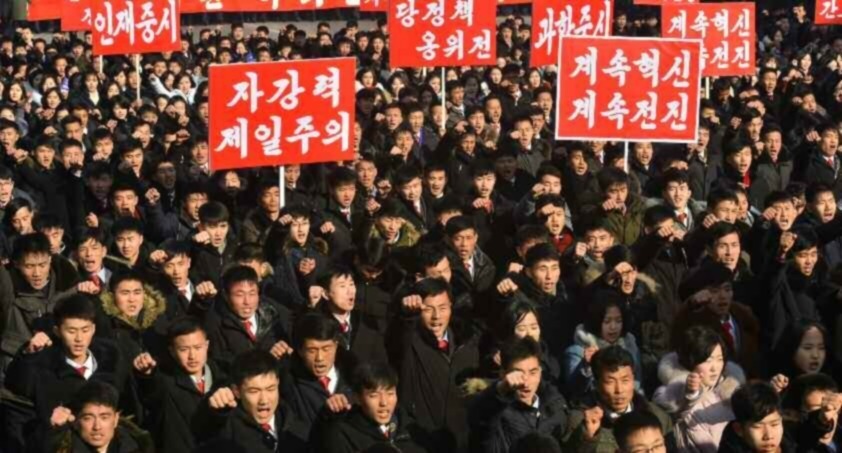
Thousands were reported to have gathered in Pyongyang on Sunday | Photo: KCNA
And with Kim Jong Un having last week admitted that, with DPRK-U.S. diplomacy stalled, sanctions relief for the country remains unlikely for the time being, economic officials on Sunday urged the country to “develop new technology, new products and new materials of worldwide competitive edge.”
They also called on North Koreans to “consolidate the foundation and might of the self-supporting national economy and thus contribute to solving scientific and technological problems arising in developing the economy and improving the standard of people’s living.”
“They emphasized that they would bring about a rich harvest year after year to upset the hostile forces keen on the moves to put sanctions on the DPRK to stifle it and thus deal a heavy blow at the enemies.”
Mass rallies in the North Korean capital are often held in support of government policies, with any mass demonstration in opposition to the state unthinkable and illegal. Attendance for many was likely compulsory.
DPRK authorities annually host a “Pyongyang mass rally” event within the first few days of January, at which citizens are typically reported – as in this
2019 example – to “resolve to thoroughly implement the important tasks Supreme Leader Kim Jong Un set forth in his New Year Address.”
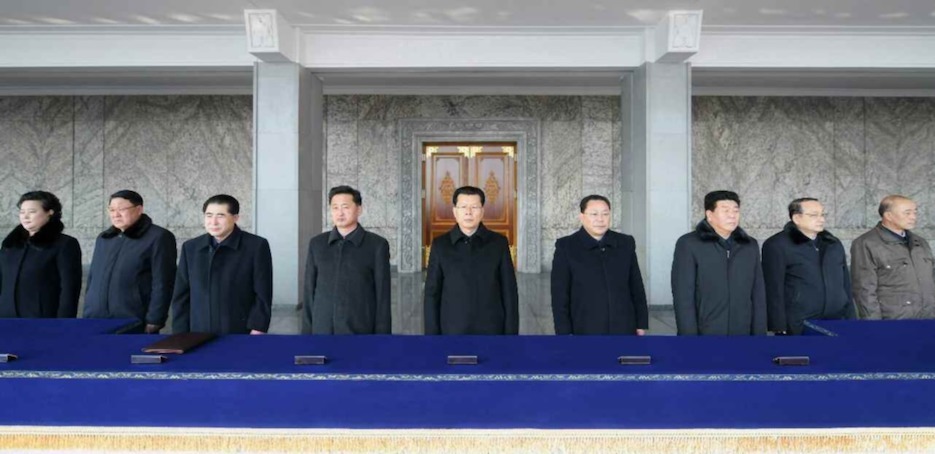
Top officials, including premier Kim Tok Hun (center-left), Kim Jae Ryong (center), and Kim Il Chol (Center-right), were in attendance | Photo: KCNA
The North Korean leader did not issue a new year’s address this year, however, with last week’s plenary orders now potentially serving as a substitute for that undelivered speech.
The wake of
last week’s plenum has seen the U.S.
insist that it remains open to a deal with North Korea, with other top officials also
stressing that Washington remains prepared for any escalation of tensions.
Speaking in an interview on Fox News last week, Secretary of Defense Mark Esper said the U.S. remains “ready to fight tonight” in Korea if necessary.
North Korea has appeared, at least in part, to be moving towards resurrecting its previous parallel development policy, or “
byungjin” line, with Kim last week having pledged to “steadily develop necessary and prerequisite strategic weapons” alongside the economy.
Edited by James Fretwell















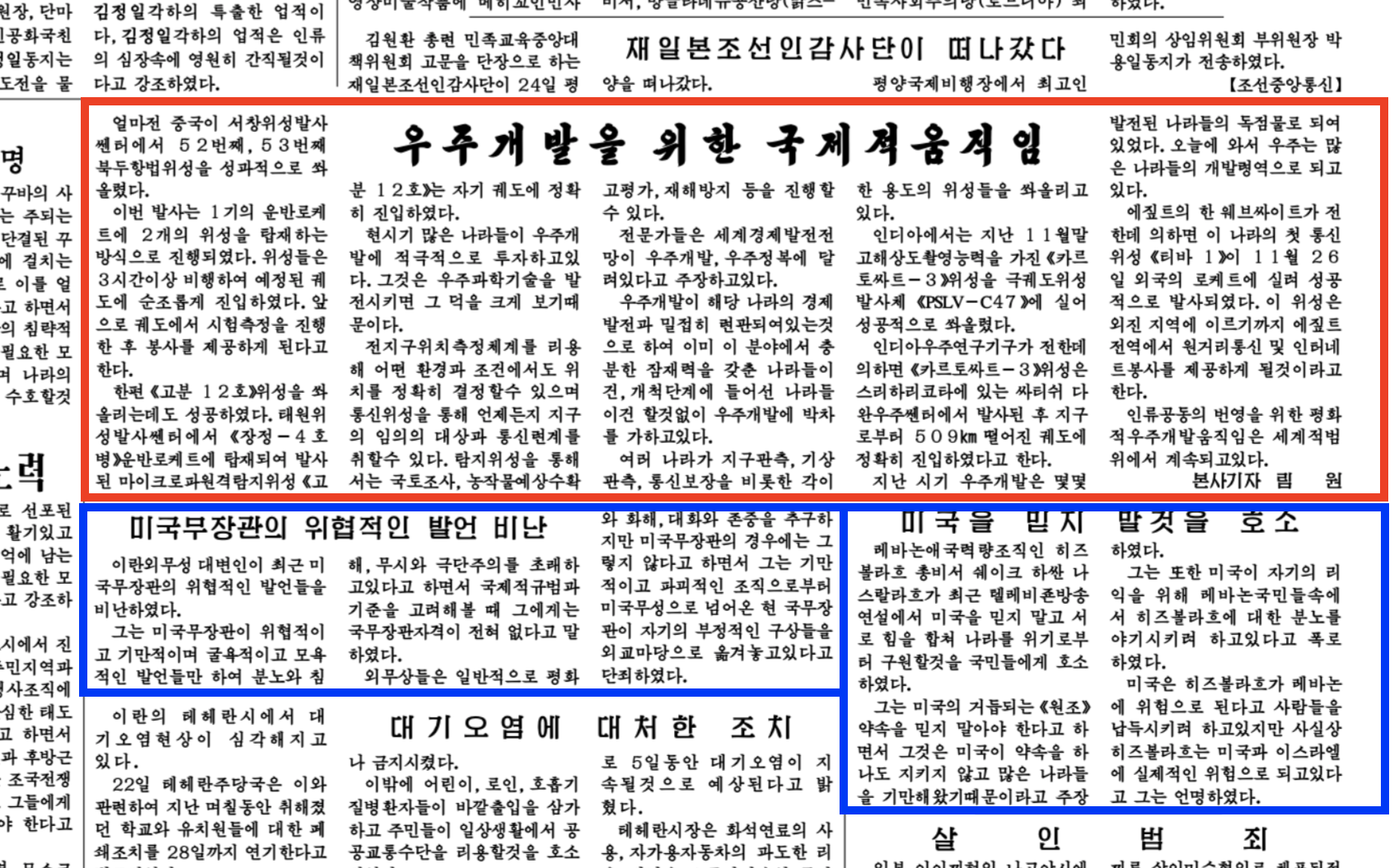







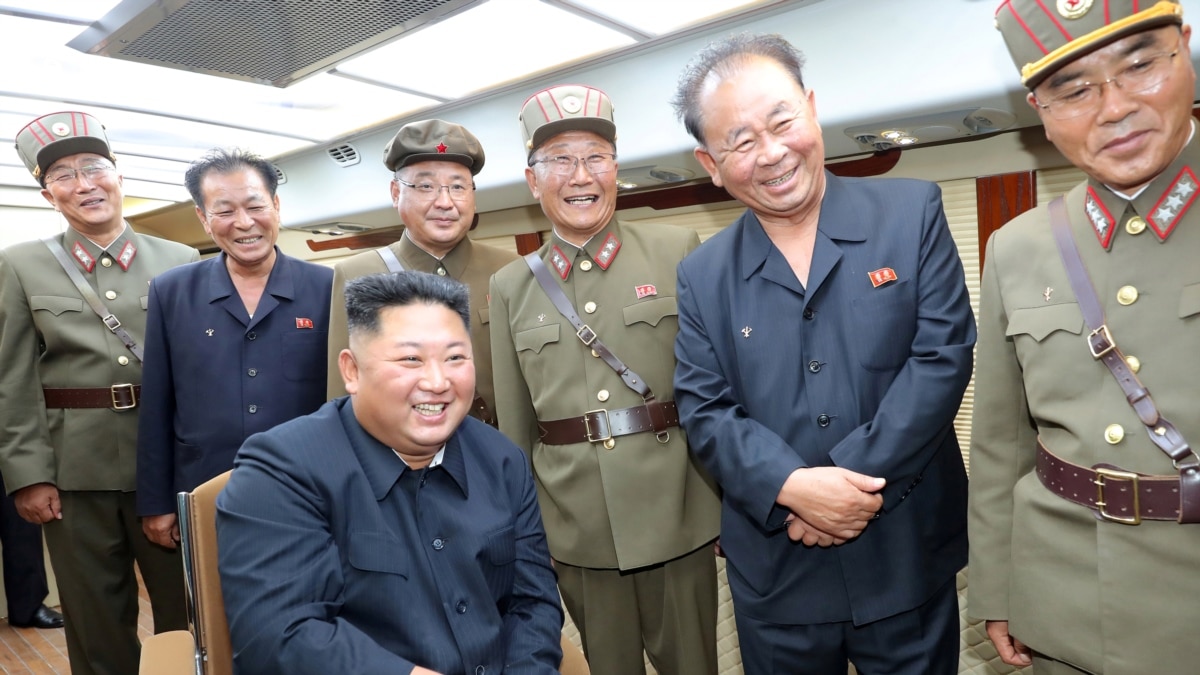

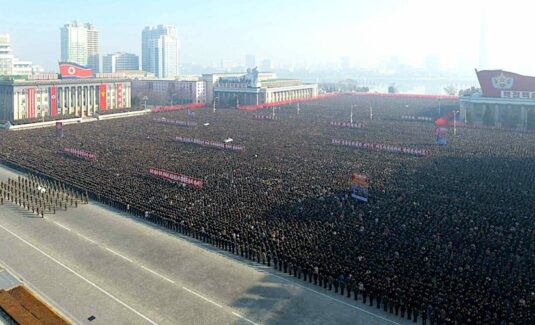
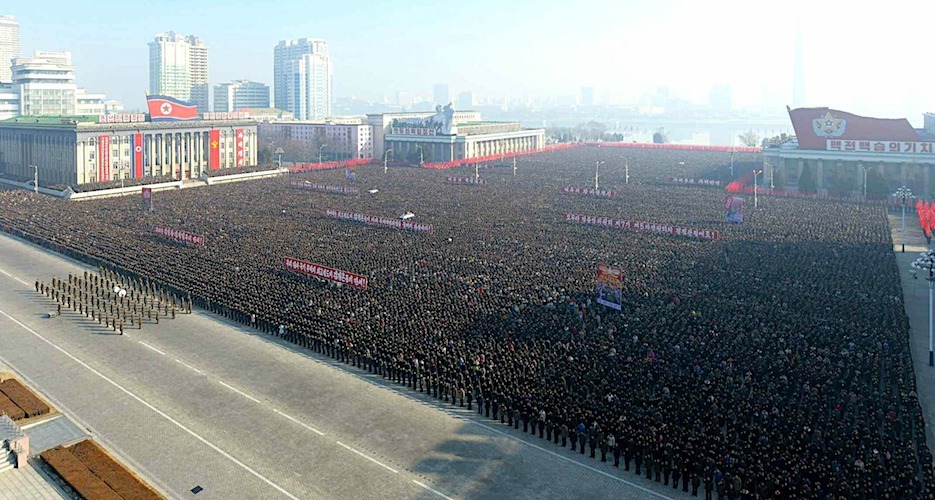


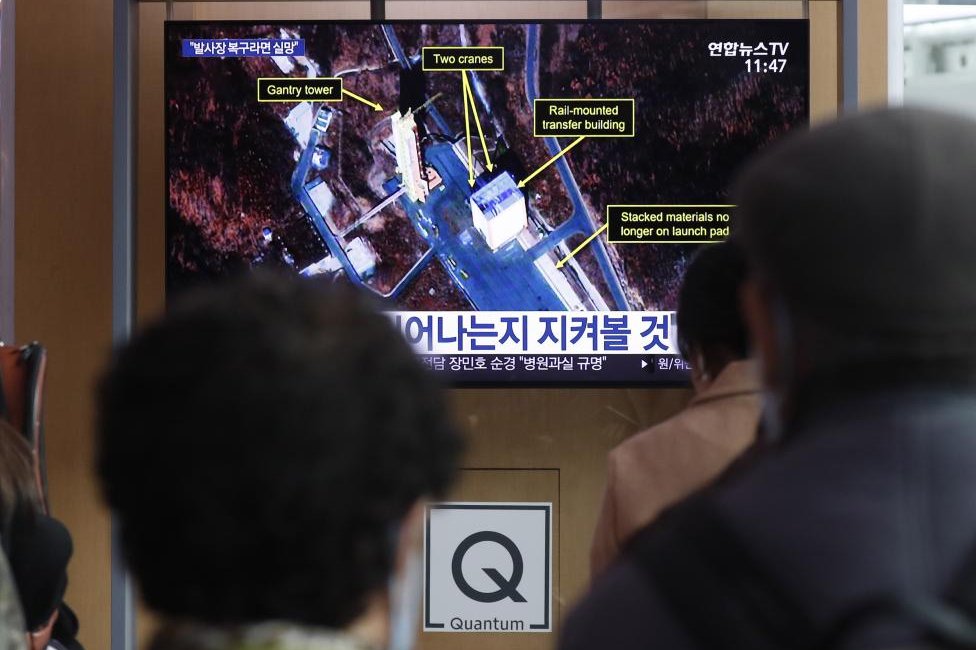



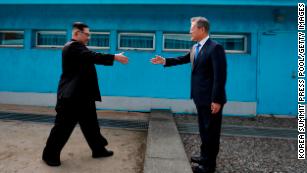
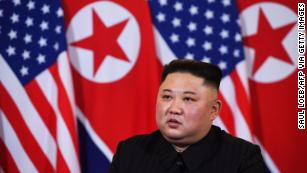

![This photo released by the Korean Central News Agency (KCNA) on Jan. 1, 2020, shows a photo session during the plenary meeting of the Central Committee of the North Korean ruling Workers' Party the previous day. [For Use Only in the Republic of Korea. No Redistribution] (Yonhap) This photo released by the Korean Central News Agency (KCNA) on Jan. 1, 2020, shows a photo session during the plenary meeting of the Central Committee of the North Korean ruling Workers' Party the previous day. [For Use Only in the Republic of Korea. No Redistribution] (Yonhap)](https://img9.yna.co.kr/photo/yna/YH/2020/01/01/PYH2020010101980004200_P2.jpg)
![This photo released by the Korean Central News Agency (KCNA) on Jan. 1, 2020, shows a scene from the plenary meeting of the Central Committee of the North Korean ruling Workers' Party the previous day. [For Use Only in the Republic of Korea. No Redistribution] (Yonhap) This photo released by the Korean Central News Agency (KCNA) on Jan. 1, 2020, shows a scene from the plenary meeting of the Central Committee of the North Korean ruling Workers' Party the previous day. [For Use Only in the Republic of Korea. No Redistribution] (Yonhap)](https://img0.yna.co.kr/photo/yna/YH/2020/01/01/PYH2020010101510004200_P2.jpg)
